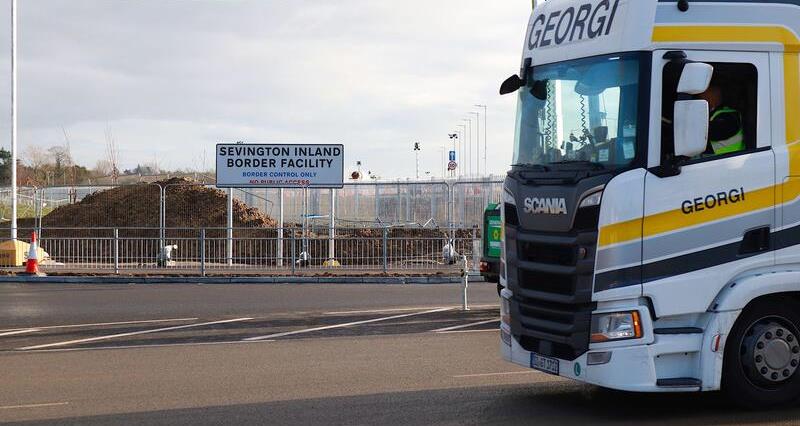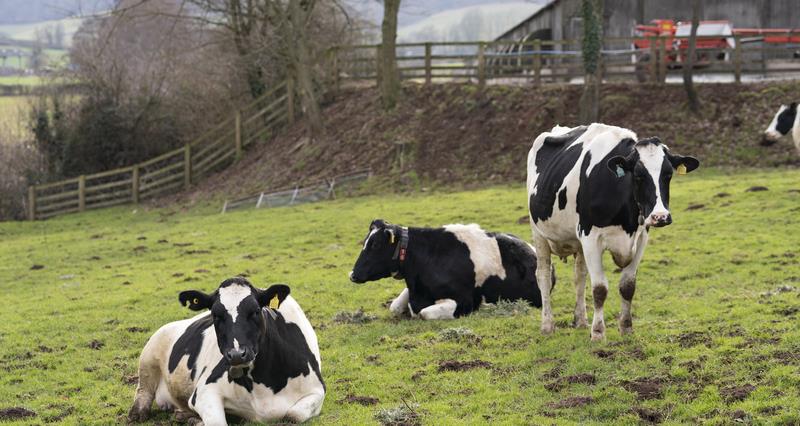Baroness Hayman, the minister responsible for biosecurity, borders and plant health, met with NFU President Tom Bradshaw in response to his letter warning of delays at the border impacting growers’ businesses as a result of new, post-Brexit import controls.
The government’s BTOM (Border Target Operating Model) sets out a new approach to importing into Great Britain, with the first stage having come into force in January this year.
There has been widespread industry concern around how these border controls have been implemented and the need for these controls to recognise the different needs and nuances for individual farming and growing sectors.
Tom raised the concerns horticulture members had about the risks checks at Sevington pose to their business, both in terms of infection and delay, and how inspections at their businesses would mitigate against these risks.
Baroness Hayman said she would look to meet with horticulture members and listen to their concerns.
Bluetongue response
Tom welcomed Defra’s speedy response in moving from TCZs (temporary control zones) to RZs (restricted zones) and the Minister said she made clear in her first meeting with the Chief Veterinary Officer that an effective response was her priority, and they have acted accordingly.
The RZ currently covers Norfolk, Suffolk and Essex. Although no cases have been reported in Essex at this present time, expansion of the RZ helps to prevent further spread of the virus.
have now been permitted for use in the UK, subject to licence.Â
The Minister committed to maintaining an open dialogue with the industry.
EU relations
On plant health, Tom emphasised the need for a risk-based, rather than hazard-based, approach, noting that this area has lacked direction since Brexit.Â
EU relations were also addressed, making it clear that UK advances in gene editing could not be compromised by closer alignment with the EU. Sanitary and phytosanitary controls, veterinary agreements, and seed potatoes trade were also discussed.
Pre-Brexit, seed potatoes were sourced predominantly from Scotland and the EU, but subsequent trade barriers with the EU are having a significant impact on UK potato production. A resumption of reciprocal trade of seed potatoes between the EU and GB would help to address the current shortage in seed potatoes.
Speaking after the meeting, Tom said: “It was great to have the opportunity to discuss border issues and bluetongue with the Minister. The situation with BTV-3 is evolving very quickly and is an ever-changing situation.
“Biosecurity at our borders is a critical issues for our members, particularly with diseases like African Swine Fever being found across the EU.”
NFU President Tom Bradshaw
“To hear first-hand that the emergency authorisation for the BTV-3 vaccines is going ahead and the vaccines will be available for members to use in the high risk area if they wish shows how quickly the government are responding.
“Biosecurity at our borders is a critical issues for our members, particularly with diseases like African Swine Fever being found across the EU.
“It was very important to stress the importance of border inspections and making sure that they are carried out in the appropriate place. For horticulture, we have always been clear that inspections in a bio-secure site within their business is preferable to a single inspection point such as Sevington, and this conversation will be continued at a future meeting.




